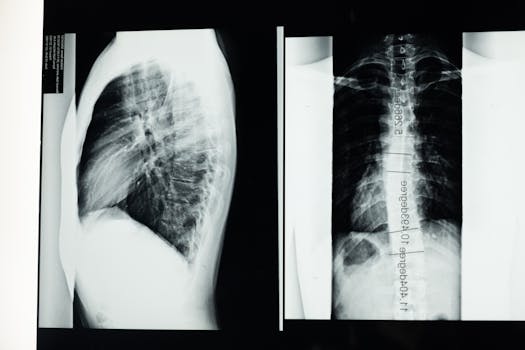
Introduction

The role of genetics in human health and disease is a fascinating subject that has gained significant attention in recent years. Understanding how our genes influence health outcomes can lead to better prevention, diagnosis, and treatment of diseases.
Understanding Genetics

Genetics is the study of genes, heredity, and genetic variation in living organisms. Every individual inherits a unique combination of genes from their parents, which plays a crucial role in determining physical traits, susceptibility to diseases, and overall health.
Genes and Their Functions
Genes are segments of DNA that contain instructions for building proteins, which perform most life functions. Variations in these genes can lead to differences in health and predisposition to certain diseases.
Genetic Disorders

Genetic disorders are diseases caused by abnormalities in an individual’s DNA. These disorders can be inherited or caused by mutations. Some common genetic disorders include:
- Cystic fibrosis
- Sickle cell anemia
- Huntington’s disease
Impact of Genetic Disorders on Health
Individuals with genetic disorders often face significant health challenges. Understanding the genetic basis of these disorders can facilitate early diagnosis and targeted therapies, improving quality of life.
Genetics and Common Diseases

Many common diseases, such as heart disease, diabetes, and cancer, have a genetic component. Research has shown that certain genetic variations can increase an individual’s risk of developing these conditions.
Case Study: Breast Cancer
BRCA1 and BRCA2 are genes that, when mutated, significantly increase the risk of breast and ovarian cancer. Genetic testing can help identify individuals at high risk, allowing for proactive measures to be taken.
The Future of Genetics in Medicine

The field of genetics is rapidly evolving, with advancements in technology enabling more comprehensive genetic testing and personalized medicine. The ability to tailor treatments based on an individual’s genetic makeup holds great promise for improving health outcomes.
Ethical Considerations
As we explore the implications of genetic research, ethical considerations must be addressed. Issues such as genetic privacy, discrimination, and the potential for misuse of genetic information are critical to consider.
Conclusion

In conclusion, the role of genetics in human health and disease is profound. As research continues to advance, the potential for genetics to inform healthcare practices will only grow, leading to improved health outcomes and a deeper understanding of the human body.



